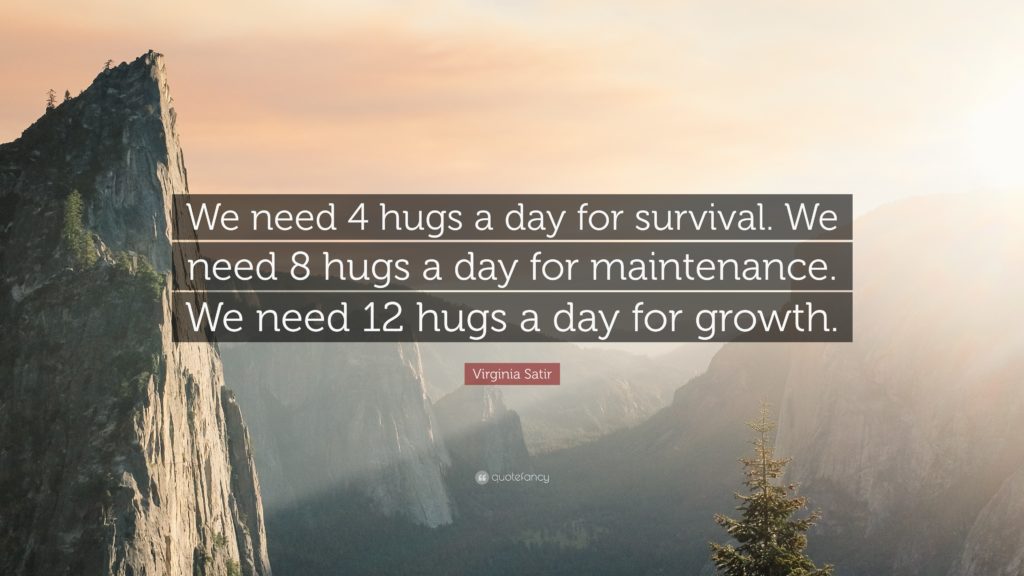Are you feeling unworthy and lacking confidence in your abilities? Do you sometimes believe you are not good enough, or don’t measure up in some way; whether that includes y our looks, school performance, or relationships with friends and family? Well don’t worry, you are definitely not alone. 7-in-10 teen girls feel that same exact way [1]. That means for every 100 girls you meet, 70 will be feeling like you. Makes it seem like a lot less lonely road, right? The thing is, with the rise of social media like TikTok, Snapchat, and Instagram; people only post the good stuff, so we forget that we are all just walking around masking our insecurities and feelings of unworthiness, hoping that no one will notice, and burying them deep down, hoping that it will go away. And if we don’t address them now, and nip it in the butt, those little traumas eventually turn into big traumas that are much harder to fix the older we get. The neurons in our brains form patterns around repeating thought patterns, and the more we think about something, the more those patterns get reinforced, building up the protein in our brains, which become “stuck.” It’s like being stuck in a feedback loop. The longer we wait to address them, the harder it is to rewire those patterns. So the key here is to catch it early in our teen years.
WHAT IS SELF-ESTEEM?
In psychology, the term self-esteem is used to describe a person’s overall subjective sense of personal worth or value. Basically, having healthy self-esteem means thinking as highly of yourself as you think of your friends and peers. Low self-esteem, on the other hand, is bred from a culture that overemphasizes unrealistic beauty standards through advertising and celebrity endorsement, and a school culture that conditions you from birth to be “somebody”, and has us competing for standardized grades with performance requirements pretty much the minute you come out of the womb. So what do we do? We focus on our weaknesses and forget our strengths. We compare ourselves to literally everyone else in our sphere of influence. I am going to let you in a little secret. Guess what? It’s not your fault you have feelings of low self-esteem. You are simply a product of our contemporary world. Now that is out of the way, what can be done about it? So yes it’s true, it’s not your fault. How you choose to respond though, is very much your responsibility. No one is responsible for experience but you.
Teens with high self-esteem praise their accomplishments, form better relationships with peers and adults, and are able to better navigate disappointment and failure. They’re also more successful in school, setting reasonable goals and accomplishing them. Self-esteem produces resiliency, which is how you bounce back in the face of adversity. When the seas get rough, you can ride the storm. Our self-image; what we’re good at, and what our strengths and weaknesses might be, helps define our self-esteem. When it’s healthy, we can assess ourselves accurately and are able to accept and value ourselves unconditionally. Life throws us curve balls all the time; from a bad grade on a test, being dumped by a significant other, hearing some gossip by a friend — all can temporarily impact our well-being.
For teens with good self-esteem, these daily “ups and downs” may lead to temporary fluctuations in how we think about ourselves, and it usually doesn’t last long. But for teens with poor self-esteem, these ups and downs may make all the difference in the world, leaving us feeling dejected and filled with negative self-awareness. There is light at the end of the tunnel; self-esteem is something you can work on — and improve.
It’s more than possible to change behavior and mindset. You need to want, believe deep down you can change it, then set your intention to change. Did you know it takes 30 days for something to become a habit? So consider doing the following for 30 days and I guarantee, you’ll see improvements in your self-esteem:

In circumstances where emotional pain and self-criticizing habits are chronic and deep-seeded, you might need to see a therapist, counselor, or life coach. You can also visit your primary health care provider, who can give you a referral to a therapist if needed. Mental health professionals can help teenagers change negative behaviors by teaching positive ones that help to boost self-image.
Get our EvolutionHUB articles on the first and third Monday of each month.
September 30, 2023
Denver, CO